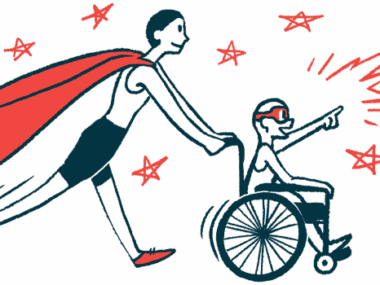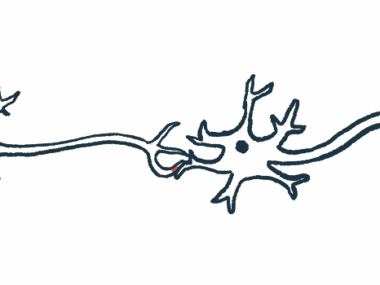My Child’s Autism Behaviors Have Good Weeks and, Lately, Not as Good
A school meltdown and sleep troubles are normal, but we're working on them
Written by |

Not long ago, I wrote a column about how Austen, my 7-year-old daughter with Dravet syndrome, was doing in her new school. She’s gone through a lot of changes in the past year, including her parents splitting up and a move to a new state. These changes would throw any child’s world upside down, and even more so for a child with autism.
Yet I’ve been amazed at how Austen has trooped through these changes and excelled in spite of them. She plays soccer, attends theater classes, and was even a star student of her class in September. Sometimes I can almost fool myself into thinking I have a neurotypical child on my hands.
While lately we’ve had more good weeks than bad ones with Austen’s autism behaviors, every once in a while those behaviors sneak out.
I received a note last week from Austen’s teacher, who said that during a lesson, Austen became frustrated with her work and had a meltdown. She wadded up her paper, threw it on the floor, and yelled, “I do not want to do it.” She had two opportunities to correct her behavior, and when she chose not to, her teacher sent a note home.
If this had happened at home, I would’ve easily been able to redirect her, calm her down, and move on with the day. At school, though, she’s one of 22 students in her class, with only one teacher and an assistant. And Austen is not the only neurodiverse child in the classroom.
At home, Austen’s had a difficult time, too. She’s going through a cycle of having trouble falling asleep, even with help from melatonin, and has been hyperactive for the last week and finding it harder to concentrate on tasks.
I’m aware that all of these symptoms are normal for a child with Dravet syndrome, as well as a child with autism — and Austen has both. And of course, even a neurotypical child will go through phases of different behavior patterns.
Sometimes I wonder if I recognize these patterns more in Austen because she is neurodiverse. Do I seek them out in her and tend to ignore them in her siblings?
Maybe. It might also be true that I notice all of her behaviors more because for a large part of her life she wasn’t able to have any behaviors, good or bad. Before taking Fintepla (fenfluramine), she was having so many seizures that her brain had little time to process anything else.
These troublesome behaviors seem like small drops in the ocean that Dravet syndrome has brought into our lives, and for that I’m grateful. I’d much rather have her throwing a tantrum over schoolwork than being unable to even attend a class because of her seizures. But I also know that it’s still my job to meet her where she is and help her move past these problems so that she can continue to progress in the world around her.
So when Austen came home that day, we had a talk about the teacher’s note. She explained she was frustrated that the work was too hard, and I explained that her teacher’s job was to try to get her to do some hard things. We took a night off from electronics to clear our heads, and the next day was better. Now I just need to find a way to get her to sleep.
Note: Dravet Syndrome News is strictly a news and information website about the disease. It does not provide medical advice, diagnosis, or treatment. This content is not intended to be a substitute for professional medical advice, diagnosis, or treatment. Always seek the advice of your physician or other qualified health provider with any questions you may have regarding a medical condition. Never disregard professional medical advice or delay in seeking it because of something you have read on this website. The opinions expressed in this column are not those of Dravet Syndrome News or its parent company, Bionews, and are intended to spark discussion about issues pertaining to Dravet syndrome.







Leave a comment
Fill in the required fields to post. Your email address will not be published.